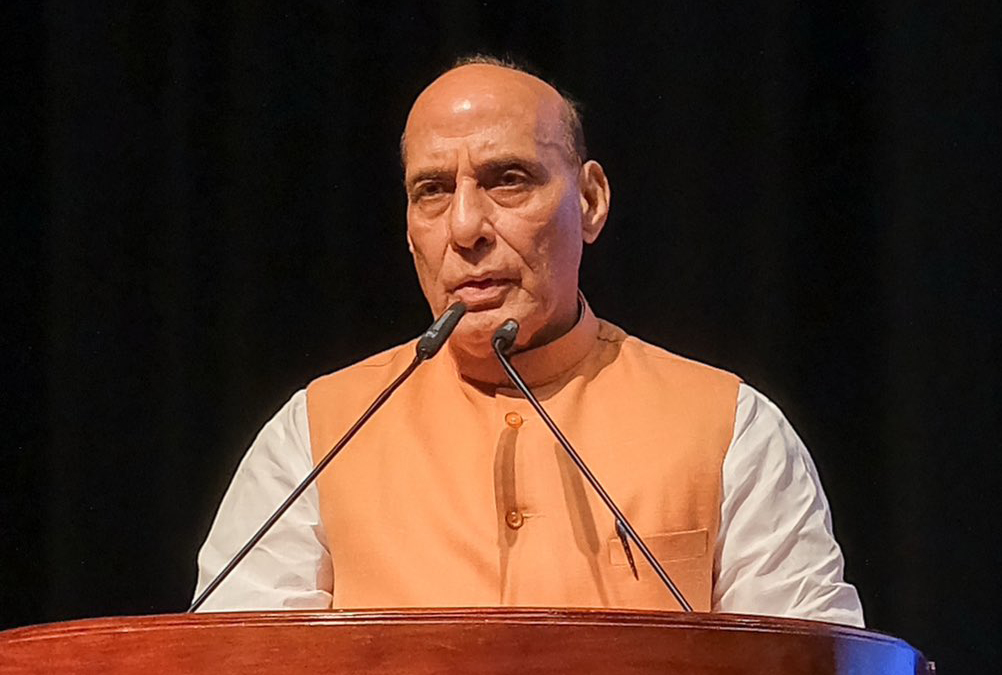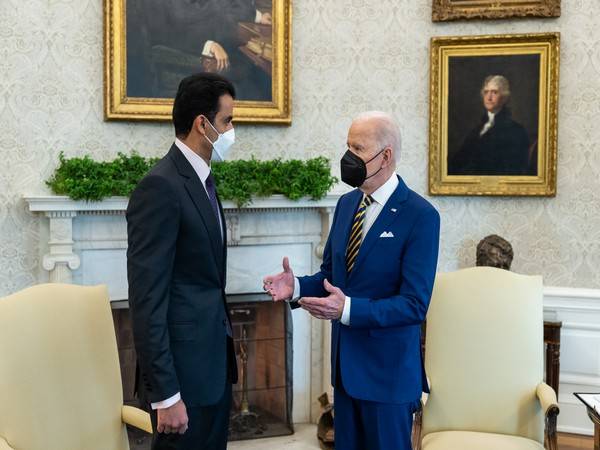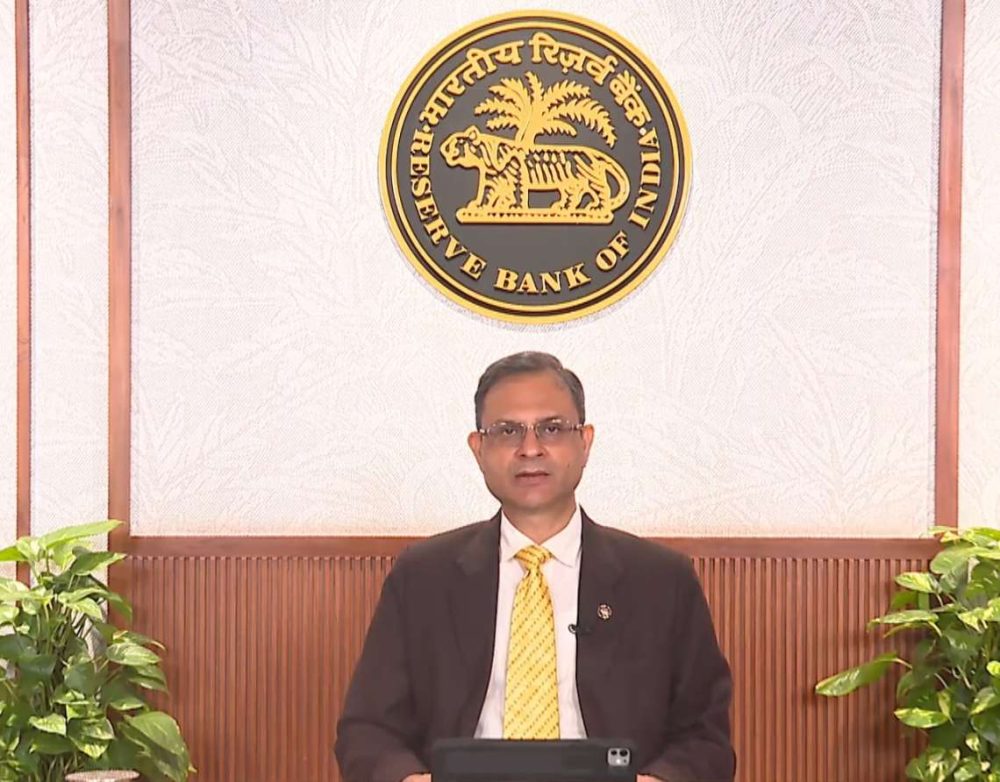India’s salient external sector sustainability indicators are strong and much improved as compared to what they were during the global financial crisis or taper episode of 2013…reports Asian Lite News
As of end-November 2021, India was the fourth-largest foreign exchange reserves holder in the world after China, Japan, and Switzerland, the Economic Survey 2021-22 has noted.
Despite all the disruptions caused by the global pandemic, India’s balance of payments remained in surplus throughout the last two years.
This allowed the Reserve Bank of India to keep accumulating foreign exchange reserves, which stands at $634 billion on December 31, 202). This is equivalent to 13.2 months of imports and higher than the country’s external debt.
A sizeable accretion in reserves led to an improvement in external vulnerability indicators such as foreign exchange reserves to total external debt, short-term debt to foreign exchange reserves.
India’s salient external sector sustainability indicators are strong and much improved as compared to what they were during the global financial crisis or taper episode of 2013.
For instance, the import cover and foreign exchange reserves are more than double now. The combination of high foreign exchange reserves, sustained foreign direct investment, and rising export earnings will provide a good buffer against any liquidity tapering/monetary policy normalisation in 2022-23.
ALSO READ-Economic Survey showcases country’s development via satellite imagery














